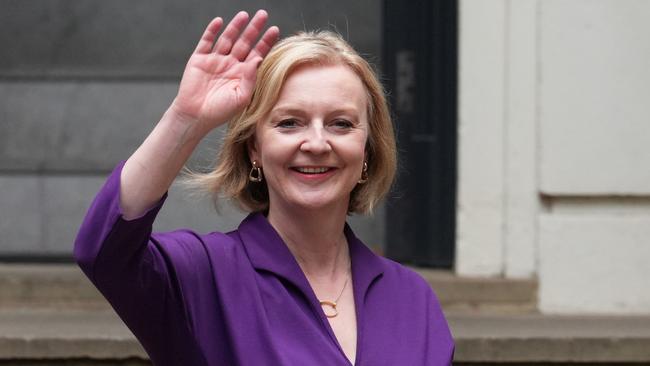
Margaret Thatcher lasted more than 11 years in 10 Downing Street; Tony Blair managed a decade. Neither was ever rejected by the British people in that quaint exercise in popular democracy known as a general election.
Both won thumping majorities three times and then succumbed to the impatience and ambition of parliamentary colleagues who, in their wisdom, ousted them mid-term and replaced them with nonentities who were — sooner or later — rejected at the polls.
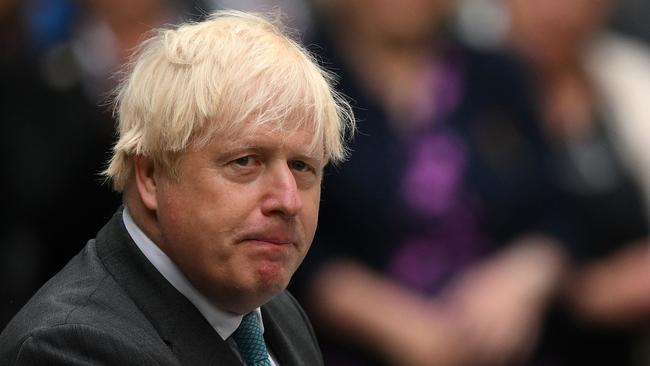
Will the latest gamble pay off any better? Having removed Boris Johnson in the early northern summer amid angst about his disorderly behaviour, Conservative Members of Parliament hope a change at the top will see them through one of the most challenging periods any British leader has faced.
The woman (yes, the party of supposed patriarchal bigots has elevated another one) who travels to Balmoral Castle in Scotland on Tuesday to receive her prime ministerial commission from an ailing Queen Elizabeth is Liz Truss, now foreign secretary. After a lengthy qualifying tournament in which parliamentarians eliminated a succession of candidates, Truss beat her rival, former Chancellor of the Exchequer Rishi Sunak, in the runoff among the party’s 150,000 regular members.
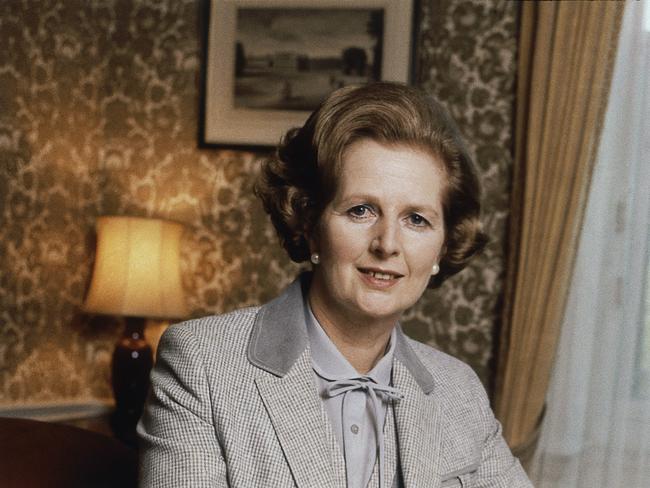
Truss won for two main reasons, one that will have no lasting significance and one that will likely determine the success of not only her government but post-Brexit Britain.
The first was simmering resentment among Conservative rank and file at Johnson’s ouster. The tousle-haired bombshell was always more liked by activists than by his fellow Members of Parliament. It was in part Sunak who precipitated the palace coup. When the house lights went up, the treacherous former sidekick was standing there, the blood still warm on his switchblade. Truss had remained cannily loyal. Or at least offstage, out of sight.
Johnson, a sublime opportunist, has hinted he may stick around, but there are no second acts for ousted party leaders in Britain, and the former journalist will surely find more rewarding openings for his colourful brand of entertainment.
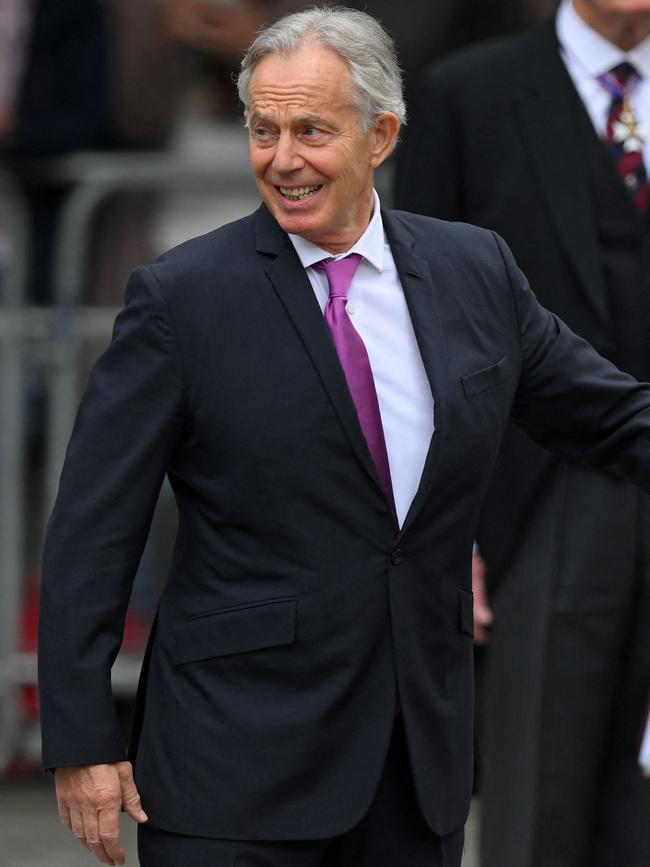
The second — and more important — reason is frustration among Conservatives that the party has lost its way over 12 years in power. That’s not to say there is no difference between the Conservative Party and the opposition. If Jeremy Corbyn’s Labour had won in 2019, Britain would by now be well on the path to Soviet-style socialism. But the Conservatives in the past few years have been swept along on the progressive tide rolling relentlessly over the West’s landscape.
Johnson deserves credit for cutting the Gordian knot of Brexit, but the defining qualities of the past three leaders – the slick PR emptiness of David Cameron, the genteel futility of Theresa May and the pyrotechnic amorality of Johnson – have proved no match for the ravenous maw of the modern ideological orthodoxy.
Bowing to the gods of an ever-expanding public sector and welfare state, they have raised the tax take of national income to its highest level in 70 years. They have subscribed eagerly to climate extremism, imposing punishing regulations on businesses. They have proved reliable facilitators of the continuing woke revolution in culture, art and science. They imposed highly restrictive Covid lockdowns and mandates with happy abandon.
Truss spent her leadership campaign repudiating all this. While Sunak warned of fiscal fragility, she promised big tax cuts, saying she favours growth over redistribution. She spoke of bolstering energy production. She swore never to impose lockdowns again. She has enthusiastically bashed the progressive cultural hegemony of the media and academia.
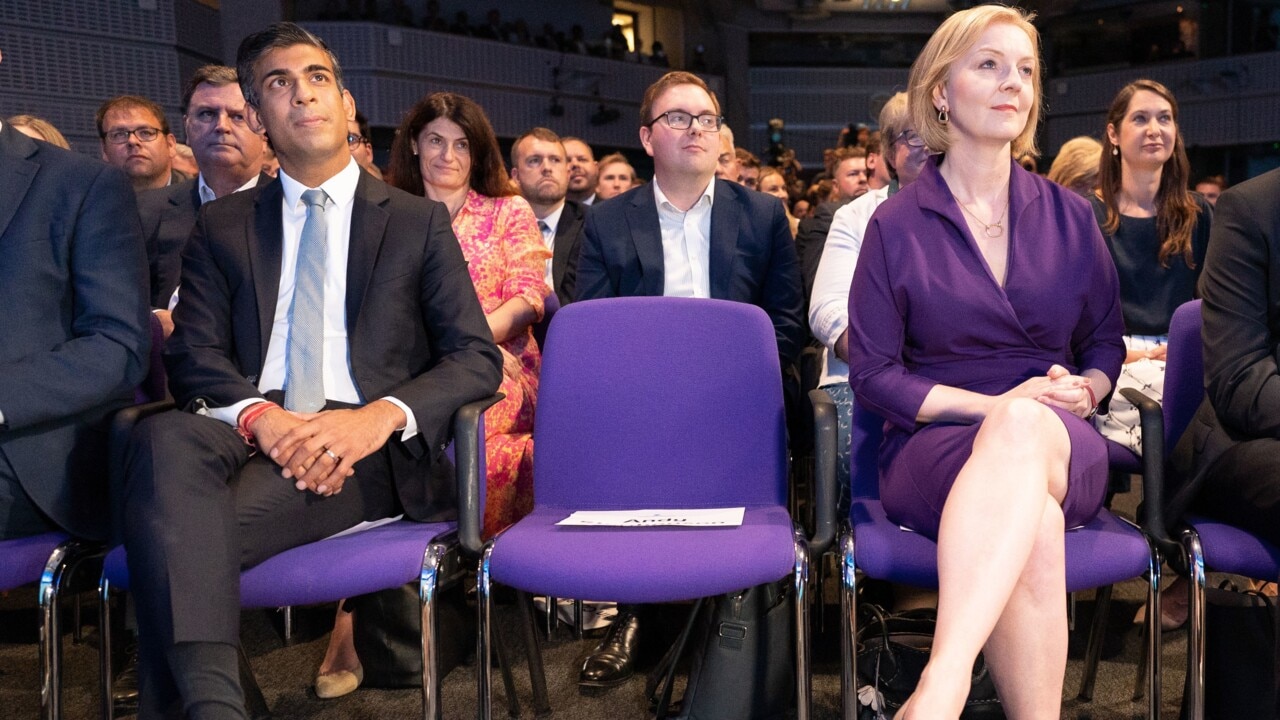
Can she deliver? Doubts linger about her credentials. She is something of a chameleon herself, a pacifist Liberal Democrat in early adulthood who voted in 2016 to remain in the EU but now speaks like the idealised progeny of Ronald Reagan and Thatcher and stands, Boudica-like, as a fervent British nationalist.
But those close to her insist her ideology is consistent – a distrust of big government being the defining theme. The challenges, however, are daunting. She faces a winter of stratospheric energy prices, wider inflation and the prospect of strikes for higher pay.
If she is bold enough to make good on her promises of massive fiscal support against an unprecedented fuel crisis, along with her promised tax cuts, the fiscal impact – and possible financial market reaction – could be brutal. Anticipation of her munificence has already helped push the pound sterling near a multi-decade low against the dollar.
Above all, she lacks a mandate, validation through a popular victory. She was backed by a minority of her party in parliament and – for the first time in a Tory contest – failed to win an outright majority of party members. She must now work to win her own mandate by reviving a moribund conservatism.
The Wall Street Journal


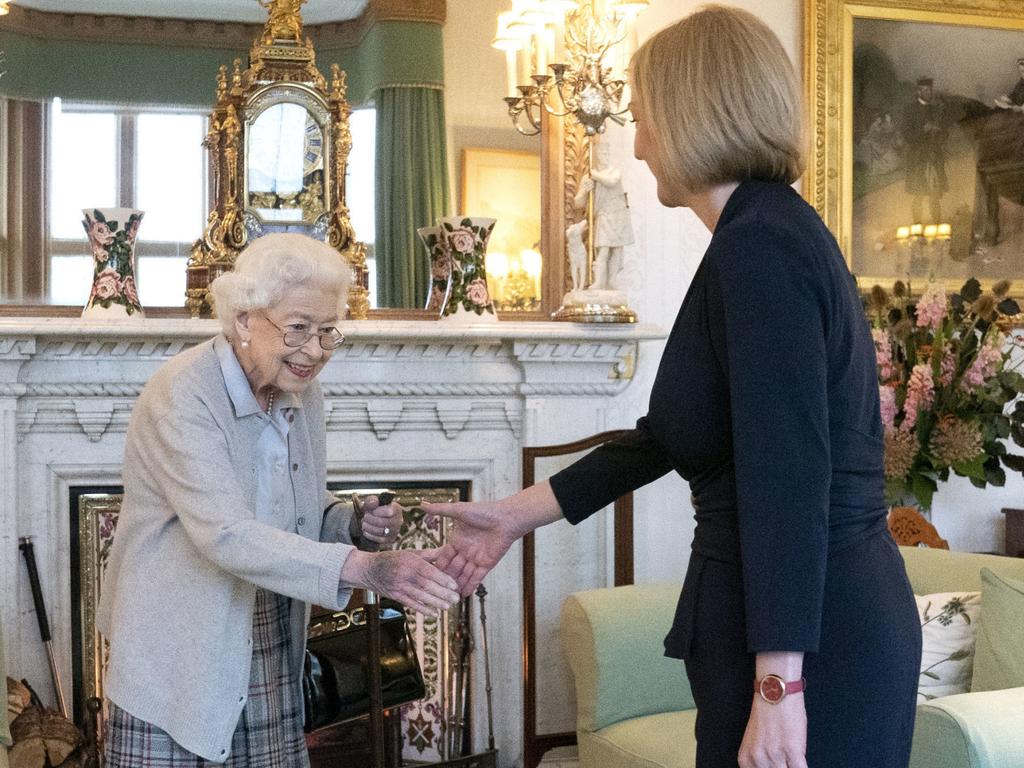
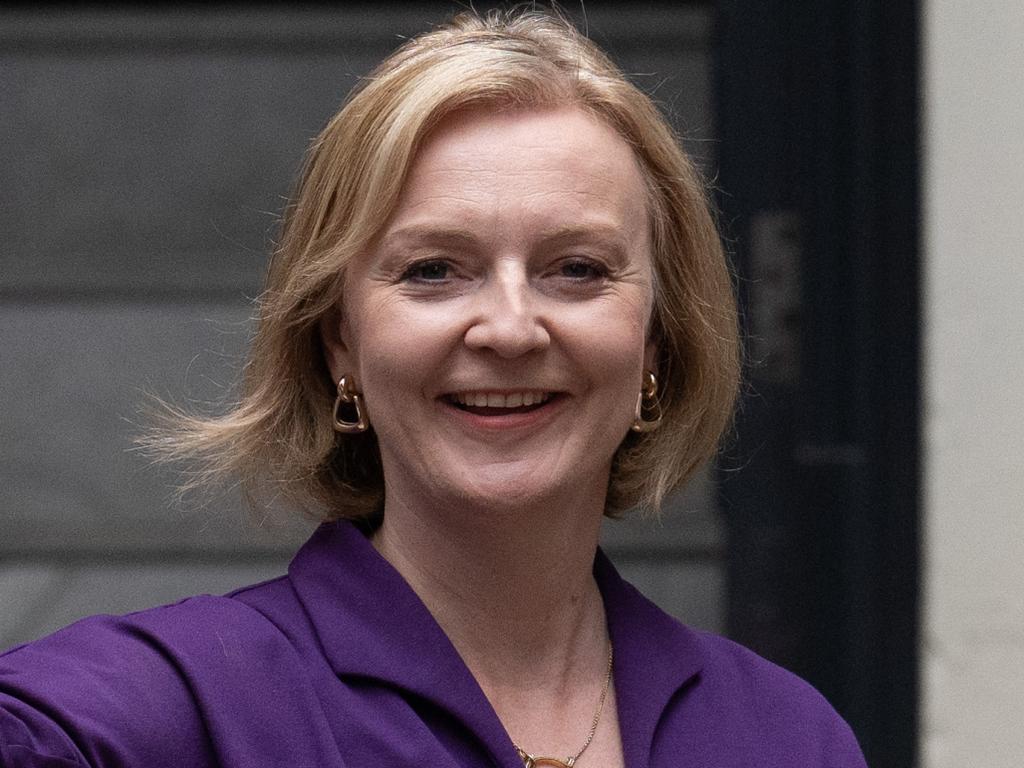



Inflation may not be transitory but being leader of the UK surely is. For the third time in six years Britain has a new prime minister. A pace of turnover that superior Brits once sneered at as reflecting Balkan-level instability is now routine for Her Majesty’s government.